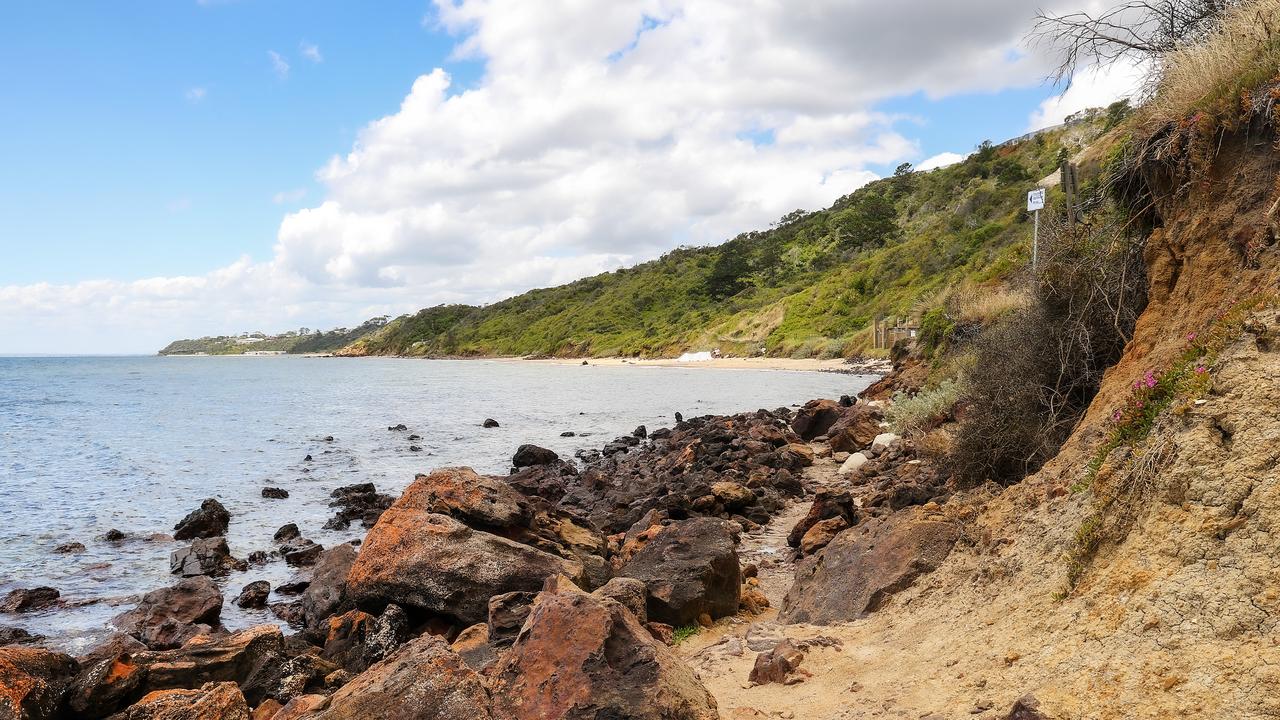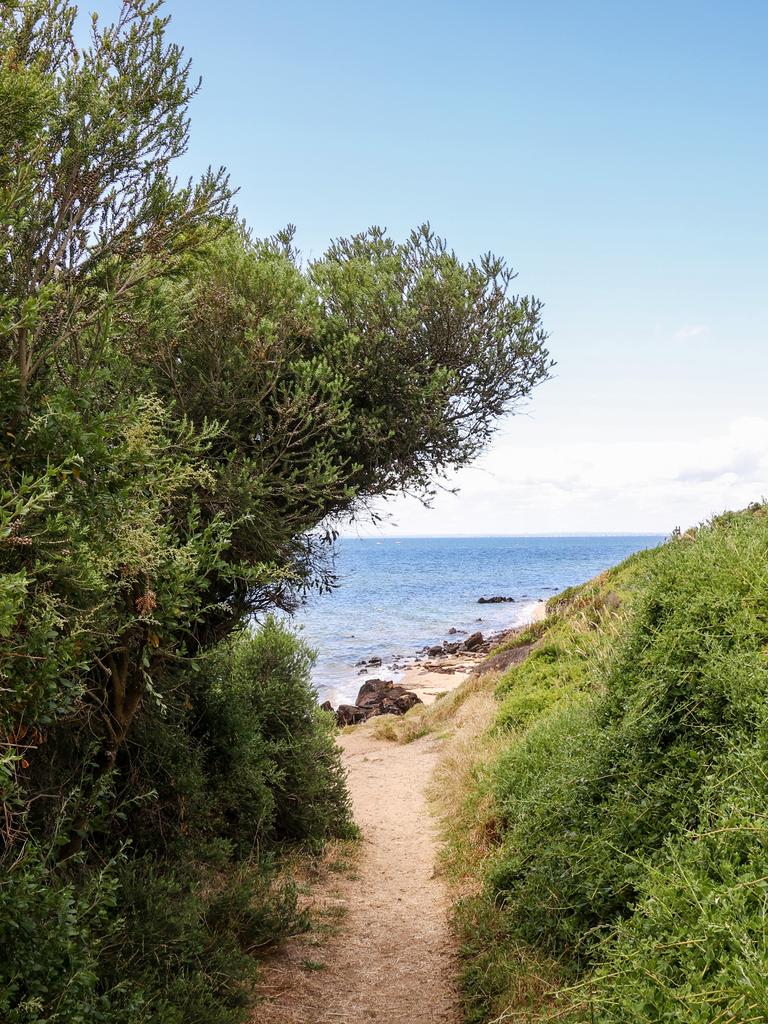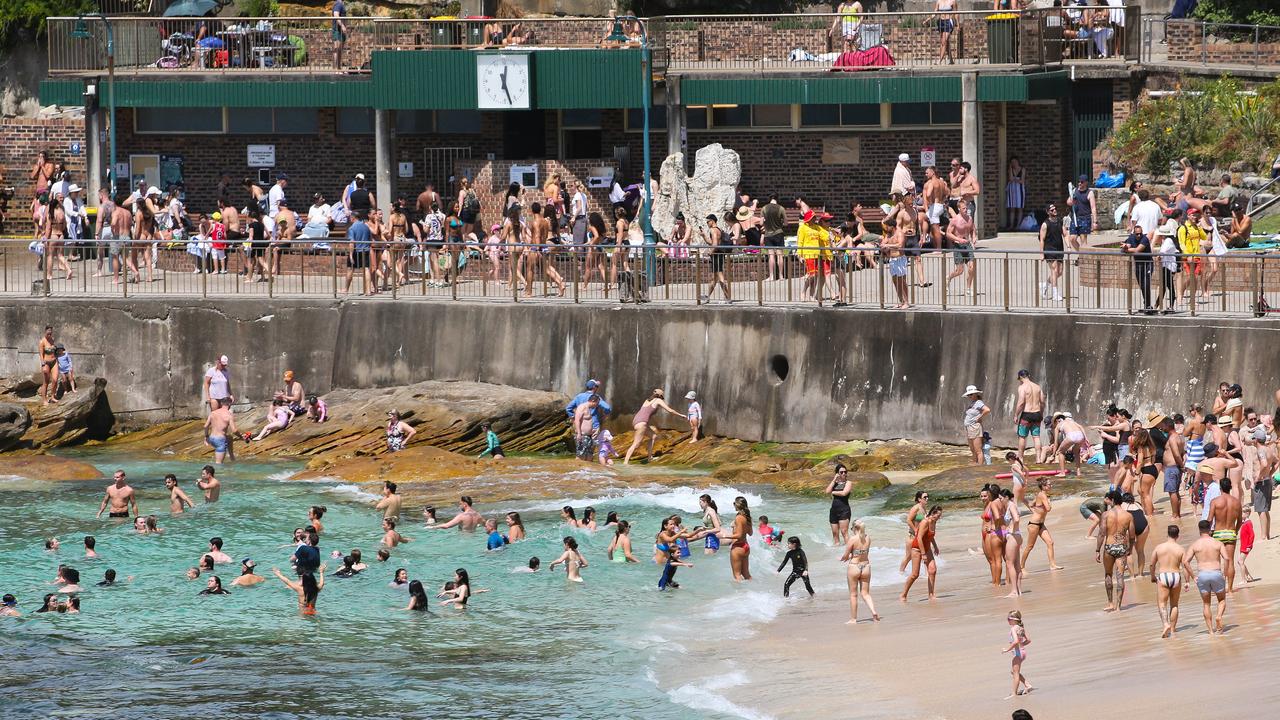Park rangers intervene in kids’ play to protect rare birds
Children as young as seven have been left in tears after reportedly being told off by park rangers for playing at a popular holiday destination.
Children at a popular Victorian holiday destination have been brought to tears by rangers for climbing on sand dunes, according to a state MP.
The apparent commotion is taking place at Koonya Beach in cashed-up Blairgowrie on the Mornington Peninsula, where kids are being ordered off the dunes despite the reported absence of signposted warnings.
Brighton MP and Opposition spokesman for the environment James Newbury said children as young as “seven and eight” are being threatened with fines.
“It’s extreme, it’s madness, it’s traumatising for children and in my view, it has the opposite effect in what they’re trying to do,” he told NCA NewsWire.

“It’s deeply concerning to have seen little children, school-aged children, brought to tears over playing on beaches, which is, I think, something every Australian has done.”
However, Parks Victoria acting district manager David Ritman said the patrols are nothing new and are needed to protect the local flora and fauna.
“Our rangers and Conservation Regulator Authorised Officers have been running patrols as part of the joint agency Operation SoHo (Save Our Hoodies) to protect known hooded plover nesting sites along the coast, including the Mornington Peninsula National Park,” he said.
“There are at least two breeding pairs of hooded plovers currently nesting in the dunes at Koonya Beach. They are a nationally protected species, with only 700 individuals remaining in Victoria. Their eggs are easily damaged and chicks are very vulnerable if disturbed.”
He also disputed claims there was a lack of signage at the beach.


“There is signage and fencing at Koonya asking people to keep off the dunes, which assists in making these safe havens for nesting birds and their chicks,” he said.
“We ask visitors to respect this precious native species and give them the space they need while enjoying summer at ocean beaches.”
But Mr Newbury said a less confrontational strategy could encourage children to appreciate the area.
“We shouldn’t be locking off public lands, we should be encouraging usage, especially by children,” he said.
“If we teach our children to use these areas in a responsible way, they will care for these areas into the future.”



